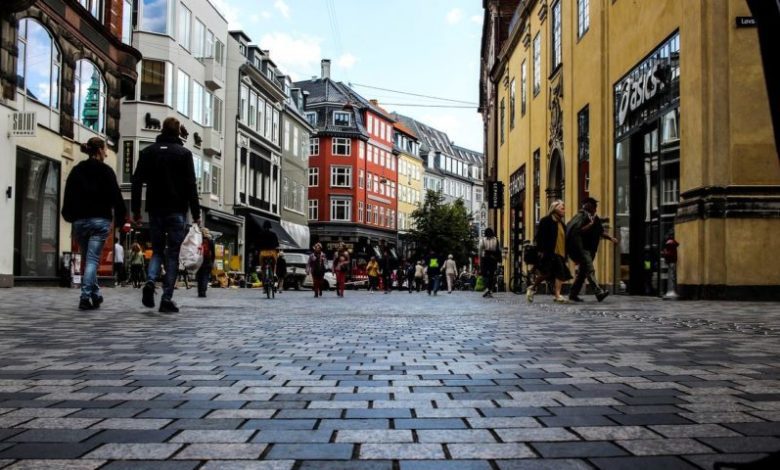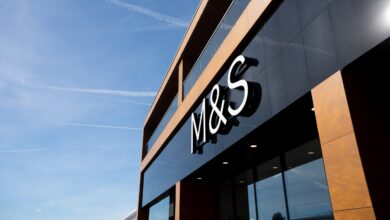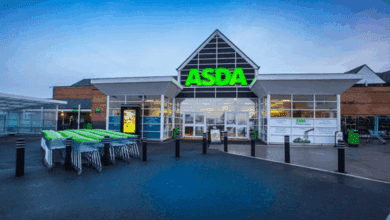Retail sector ‘to face £186.45m business rates increase next April’

Register to get 1 free article
Reveal the article below by registering for our email newsletter.
Want unlimited access? View Plans
Already have an account? Sign in
Retail firms will see business rates increase by £186.45 next April for the year 2019/20, according to real estate advisor Altus Group.
September’s Consumer Prices Index (CPI) measure of inflation, announced on 17 October at 2.4% will determine business rate rises in England for the next year. It is its third year under the new revaluation, with the Uniform Business Rate uprated annually for inflation.
Altus Group predicts business rates bills next year for 2019/20 will increase by £728.20m in England overall unless the chancellor announces some changes in the upcoming Autumn Budget.
| CPI 2.4%
Inflationary Rise £m |
|
| Region | 728.2 |
| North East | 24.72 |
| North West | 77.2 |
| Yorkshire & Humber | 55.13 |
| East Midlands | 45.23 |
| West Midlands | 59.31 |
| East | 66.61 |
| London | 233.98 |
| South East | 108.62 |
| South West | 57.4 |
| Sector | 728.2 |
| Retail | 186.45 |
| Industry | 152.9 |
| Office | 174.38 |
| Other | 214.47 |
Source: Altus Group
The standard multiplier, which applies to 492,165 larger premises in England who’s rateable value is £51,000 and above, will rise to 50.5p, in England from April next year. This is the first time the tax rate for business rates will have gone above 50% according to Altus Group. When the national business rates system was introduced in 1990, the multiplier was set at 34.8p.
Business rates bills are calculated by multiplying the property’s rateable value, an estimation of the open market annual rent on 1 April 2015, by the multiplier. The multiplier represents the number of pence in each pound of the rateable value that will be payable in business rates before any reliefs or discounts are applied.
Chancellor Philip Hammond attempted to appease concerns over last year’s business rates revaluation, with the announcement of a £2.3bn reprieve in his Autumn 2017 Budget by bringing forward plans to switch from the discredited Retail Prices Index (RPI) measure, two years earlier, from April this year.
Robert Hayton, head of UK business rates at Altus Group, said: “Businesses, until this year, have had to endure annual increases at the higher discredited RPI measure. Since 2010, the average rates bill has risen by a fifth through the compound effect of inflation. Our high streets are engulfed in crisis. Brexit uncertainty is hurting both manufacturers and the services industries.
“It is time for the chancellor to take a step back and support business through an unprecedented stimulus by freezing rate rises next April.”
The average business rates bill in England has risen from £11,016.88 during 2010/11 to £13,156.75 this year up £2,139.87 or 19.4%.







